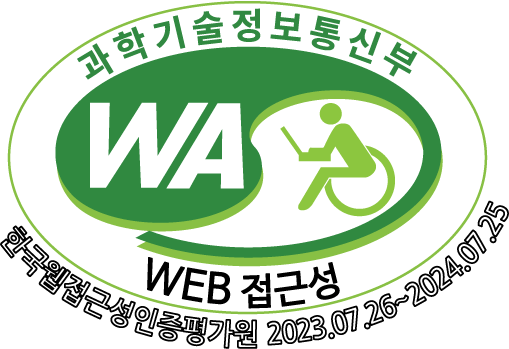관련자료
[PKO] 안보리 공개토의: 평화유지활동의 훈련 및 역량강화(5.7) (조태열 대사)
- 부서명
- 유엔과
- 작성일
- 2019-05-07
- 조회수
- 3382
Statement by H.E. Ambassador Cho Tae-yul
Permanent Representative of the Republic of Korea
at the UN Security Council Open Debate on
Investing in Peace: Delivering Quality Training and Capacity Building to Improve Safety
and Security and Performance of UN Peacekeepers
7 May 2019
[AS DELIVERED]
Thank you, Mr. President.
With the growing responsibilities of UN peacekeeping operations in increasingly challenging environments today, the widely endorsed Action for Peacekeeping (A4P) initiative recognizes the crucial need to rethink the way mission mandates are crafted and implemented.
Deploying better trained and equipped personnel to the field is an important way of coping with these mounting challenges. In this regard, today’s open debate on enhancing capabilities of peacekeeping operations is timely, and I would like to commend Indonesia for its leadership in moving this important issue forward.
Today, I wish to make four points on training and capacity building.
First, to deliver customized quality training, training program should be designed on the basis of a thorough and in-depth analysis of both the mandate and local context where the mission is operating. The analysis could include the host country’s priorities; threats to the safety of peacekeepers; overall capability of the mission, especially the gaps; composition and capacity of TCCs; and the command-and-control of the mission, to name just a few.
To this end, it is critical to strengthen the capacity of the Secretariat for data collection and analysis as well as planning and review. The Security Council can also engage with relevant stakeholders, including TCCs, missions and host governments, for this purpose.
In this regard, we welcome the Secretariat’s efforts to develop an integrated performance policy framework and comprehensive performance assessment system in accordance with Council resolution 2436. Better assessment of the whole-of-mission performance and capabilities would help address capability gaps, take corrective actions and direct resources where most needed.
Second, the Secretariat and Member States should ensure that all personnel – both civilian and military – are properly trained and equipped. Some TCCs may face limited resources to adequately train and equip their peacekeepers. It is our collective responsibility to provide them with the necessary support in terms of training and capabilities, while holding them accountable to proper conduct and delivery of mandates.
In this regard, we welcome the efforts of the Secretariat and Member States to provide the relevant support to TCCs through innovative approaches, including triangular partnerships and light coordination mechanisms.
With more than 600 peacekeepers currently deployed to South Sudan and Lebanon, the Republic of Korea has been consistent in its efforts to properly train and equip its peacekeepers. And at the last Peacekeeping Ministerial, we pledged to host five UN training courses for other interested TCCs, and provide all-terrain, mine-resistant vehicles to support peacekeeping operations in Africa. This year, we will also host a Senior Mission Leaders’ Course to train prospective leaders.
Third, peacekeepers should be better trained for engaging with the local community and training guidelines should be produced for this purpose.
Long guided by the conviction that genuine peace stems from the minds of people, Korean peacekeepers have been working hard to win the hearts and minds of local people. Such efforts have helped deliver mandates, while enhancing their own security. Many of today’s conflicts escalate from local disputes over land, resources and authority over a district. And community engagement would help to address these local conflict dynamics.
In this regard, mission personnel should be encouraged to possess in-depth knowledge of host societies, cultures and institutions, as well as a command of local languages. This resonates with HIPPO’s strong call for a shift towards a people-centered approach for more effective peace operations.
Finally, building the capacity of the host country’s security sector is as equally important as, or even more important than, the training and capacity building of UN peacekeepers. It would help accelerate the exit strategy of the mission, while preventing relapse into conflict after its withdrawal.
Mr. President,
Training and capacity building are only a part of the puzzle to achieve safer and stronger peace operations. As set out in the A4P, they need to be looked at, together with other issues in a holistic manner. It is for this reason that we welcome the initiative of the Secretariat to create a web-tracking tool to monitor the progress of the implementation of the A4P.
The Republic of Korea, together with Ethiopia and Norway, as co-chairs of the Group of Friends of Peace Operations, will continue to support the Secretariat’s efforts to channel to translate the commitments of Member States for A4P into concrete actions.
In closing, Mr. President, I would like to assure you that, as the tenth largest financial contributor to the UN peacekeeping budget and the next host of the Peacekeeping Ministerial, the Republic of Korea remains committed to strengthening the effectiveness of peacekeeping operations. Thank you very much.
- 메뉴담당부서
- 유엔과
- 전화
- 02-2100-7243


